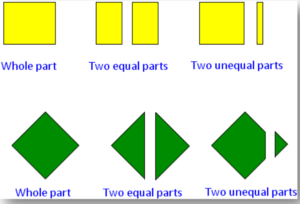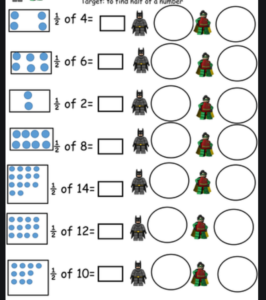Week beginning 17th January 2022
[dropshadowbox align=”none” effect=”lifted-both” width=”auto” height=”” background_color=”#edbaba” border_width=”1″ border_color=”#ba27d8″ ]Homework is set on Google Classroom[/dropshadowbox]
Howard-parents-guide-to-Google-Classroom-
[dropshadowbox align=”none” effect=”lifted-both” width=”auto” height=”” background_color=”#dbf6f4″ border_width=”10″ border_color=”#868878″ ]
Our learning this week…
English
At Howard Primary School we have adopted Read Write Inc Phonics.
RWI is a method of learning centred round letter sounds and phonics, and we use it to aid children in their reading and writing. Read Write Inc., developed by Ruth Miskin, provides a structured and systematic approach to teaching literacy. It is used by more than a quarter of the UK’s primary schools and is designed to create fluent readers, confident speakers and willing writers.
Using RWI, the children learn to read effortlessly so that they can put all their energy into comprehending what they read. It also allows them to spell effortlessly so that they can put all their energy into composing what they write.
When using RWI to read the children will:
- Learn 44 sounds and the corresponding letter/letter groups using simple picture prompts
- Learn to read words using Fred Talk
- Read lively stories featuring words they have learnt to sound out
- Show that they comprehend the stories by answering questions.
Five key principles underpin the teaching in all Read Write Inc. sessions:
Purpose – know the purpose of every activity and share it with the children, so they know the one thing they should be thinking about
Participation – ensure every child participates throughout the lesson. Partnership work is fundamental to learning
Praise – ensure children are praised for effort and learning, not ability
Pace – teach at an effective pace and devote every moment to teaching and learning
Passion – be passionate about teaching so children can be engaged emotionally.
https://home.oxfordowl.co.uk/reading/reading-schemes-oxford-levels/read-write-inc-phonics-guide/
Hold a sentence is an activity that encourages children to remember a whole sentence while focusing on spelling and punctuation.
Build a sentence is to give children the opportunity to create their own sentence to that shows the meaning of a word and edit a sentence allows the children to critique a sentence using their knowledge of spelling punctuation and grammar. Children complete a longer piece of independent writing, which gives them the opportunity to show off their creativity and to practice their spelling, grammar and punctuation.
https://www.youtube.com/watch?v=bXOJUPNVnLc
https://www.youtube.com/watch?v=kjHqJQ8sxs4
[/dropshadowbox]
[dropshadowbox align=”none” effect=”lifted-both” width=”auto” height=”” background_color=”#dbf5f4″ border_width=”10″ border_color=”#868478″ ]
Power of Reading
English
At Howard Primary School we have adopted The Power of Reading scheme for literacy. Our literacy work is based around a core text. The text we are working on is called Rapunzel by Bethan Woollvin.
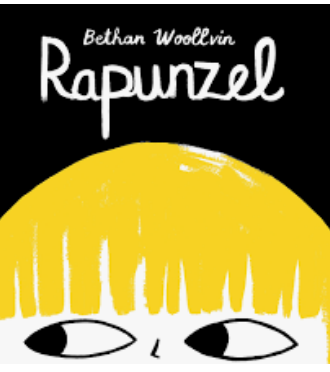
Other books by Bethan Woollvin include:
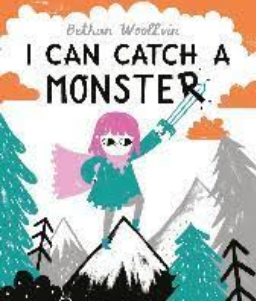
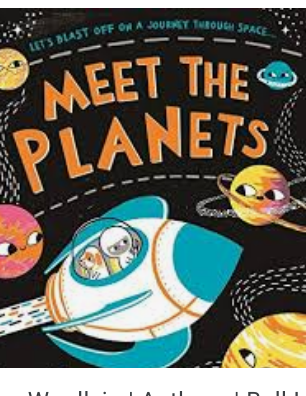
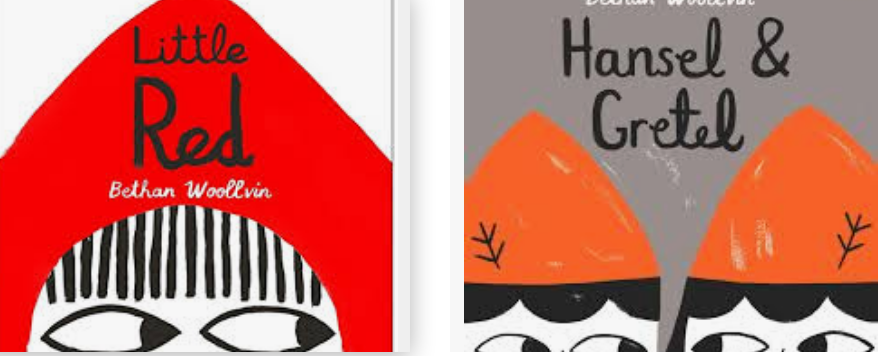
This week we will:
- Plan a diary entry
- Write a diary entry
- Consider language exploration and Role on the Wall
- Consider the character of Rapunzel
Plan a diary entry
We will now be Rapunzel and plan a diary. We will use our knowledge of the story so far and we will use elements from our shared write from Friday to help us.
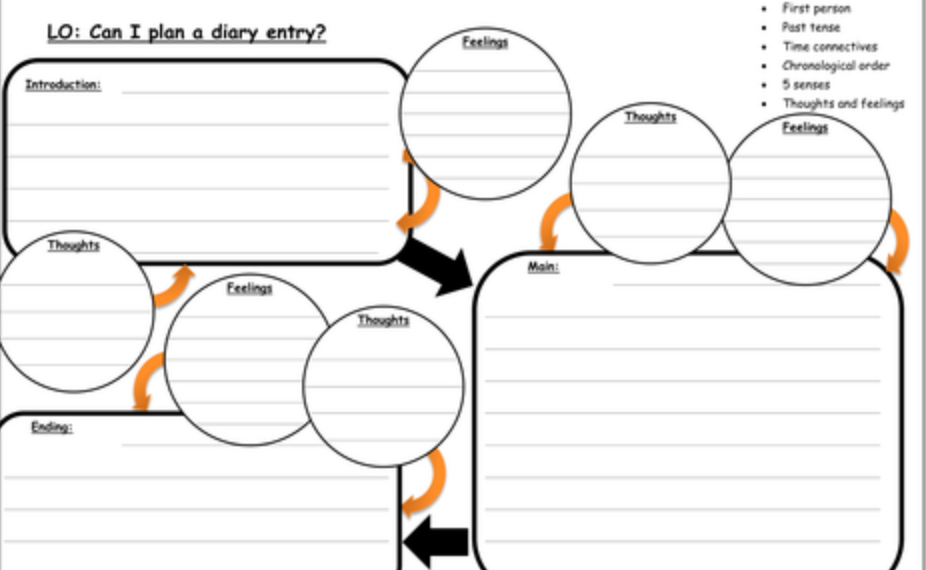
Write a diary entry
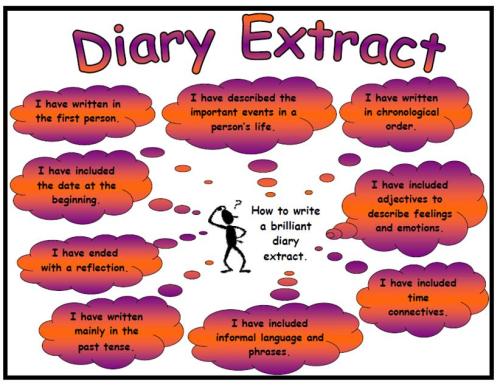
The children will use their plan to help them write their diary. A diary is used to show thoughts, feelings and emotions.
To consider language exploration and Role of the Wall
We will read more of the text and add to Rapunzel’s Role on The Wall.
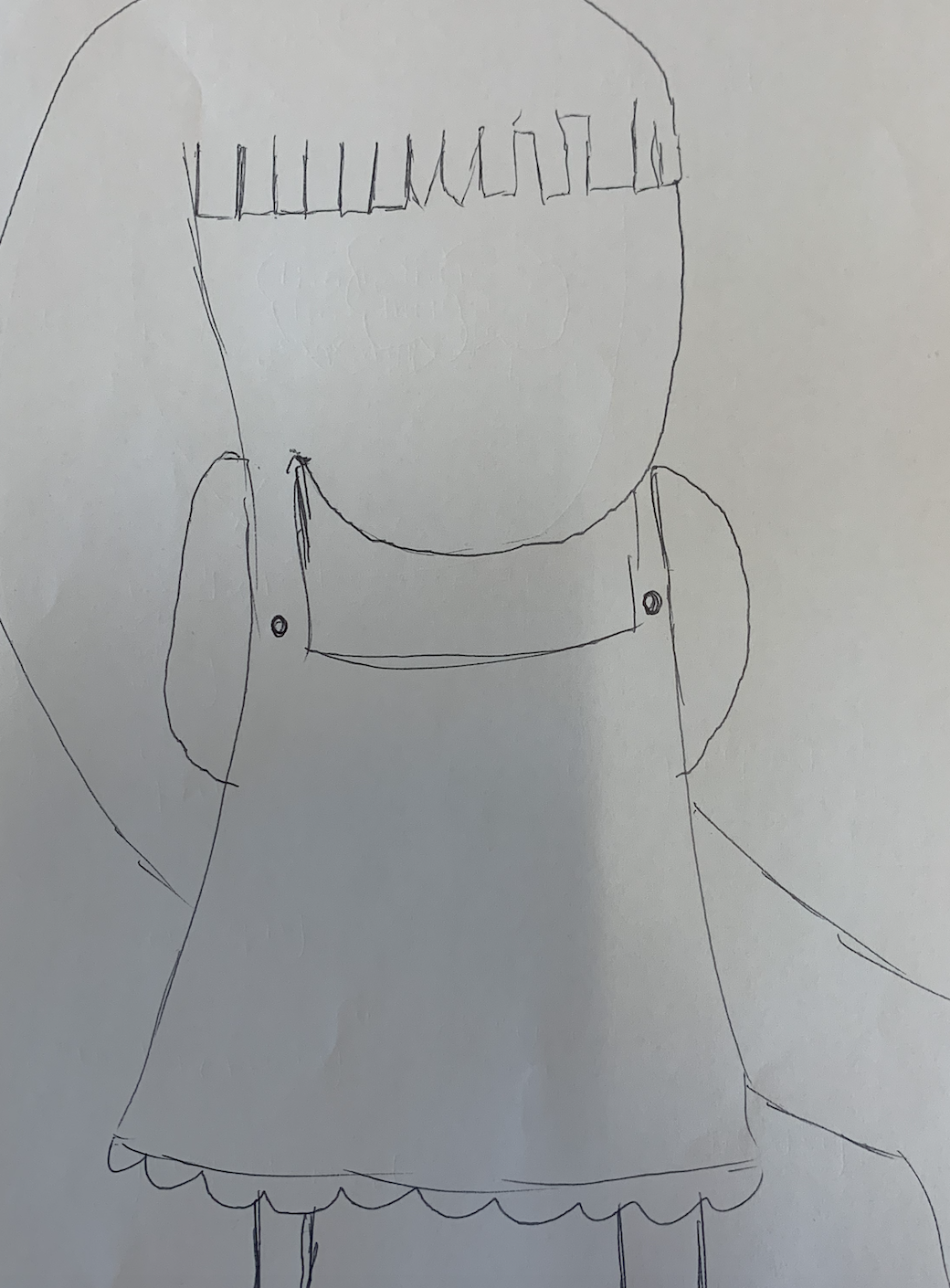
To consider the character of Rapunzel
Now we have read a bit more of the story, our knowledge of Rapunzel has grown. We will be thinking about her character and how her personality has changed throughout the story.
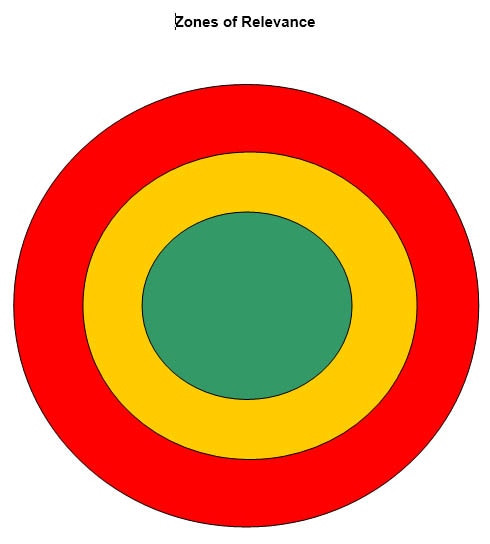
Children will be given vocabulary to describe Rapunzel’s personality and also some vocabulary words that do not describe her personality. Children will work in groups to discuss the selection of words and place them in the relevant zone.
If the word is relevant, the children place it outside the green circle. If it is relevant, the children have to decide how relevant and the more relevant it is the closer to the green circle it goes.
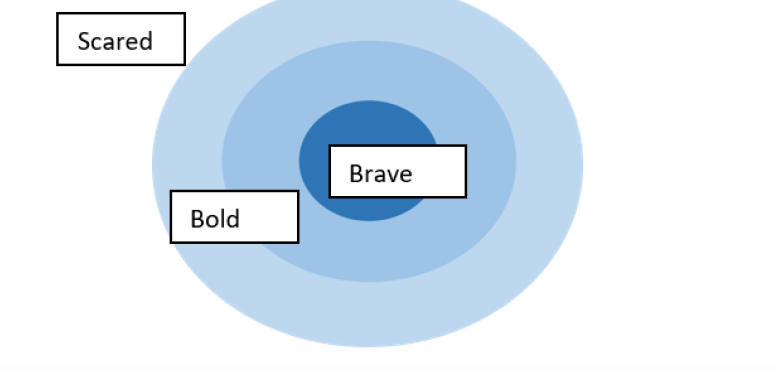
[/dropshadowbox]
[dropshadowbox align=”none” effect=”lifted-both” width=”auto” height=”” background_color=”#dbf6f4″ border_width=”10″ border_color=”#863878″ ]
Maths – Division
-
-
To reason and solve problems involving division
-
To make equal parts
- To recognise half of shapes
- To find half of quantities
- To recognise a quarter of shapes
-
Children will make equal parts. Equal means the same, balanced, identical etc.
To recognise a half of shapes
A half is two equal parts. Children will understand that the term ‘bigger half’ makes no mathematical sense since half means 2 equal parts.
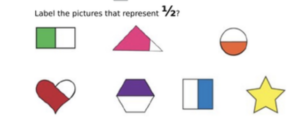
Children will be able to identify that the triangle has not been halved because there are not two equal parts.
To recognise a quarter of shapes
A quarter is one of four equal parts. Children will begin to recognise this in various forms.
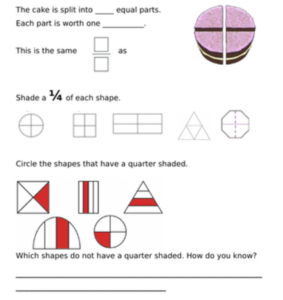
[/dropshadowbox]
[dropshadowbox align=”none” effect=”lifted-both” width=”auto” height=”” background_color=”#dbf6f4″ border_width=”10″ border_color=”#608638″ ]
Science
Our topic this term is living things and their habitat.
The focus this week will be observing the difference between things that are dead and things that have never been alive.
Leaves, twigs, shells and feathers are all dead because they used to be living, but rocks, plastic bottle lids and stones have never been alive because they don’t need food, water and air to survive!
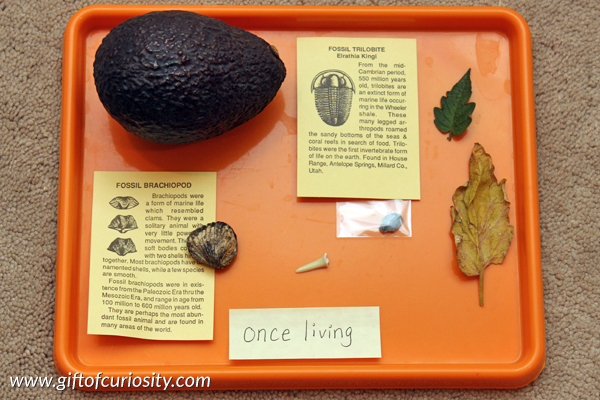
[/dropshadowbox]
[dropshadowbox align=”none” effect=”lifted-both” width=”auto” height=”” background_color=”#dbf6f4″ border_width=”10″ border_color=”#ef1dcd” ]
PE
Please remember to send your child to school in their PE kit on their PE days.
Westminster – Monday & Thursday
Hungerford – Monday & Thursday
[/dropshadowbox]
[dropshadowbox align=”none” effect=”lifted-both” width=”auto” height=”” background_color=”#dbf6f4″ border_width=”10″ border_color=”#ef1dcd” ]
RE
We will focus on Judaism.
https://www.bbc.co.uk/bitesize/clips/zd9jxnb
[/dropshadowbox]
[dropshadowbox align=”none” effect=”lifted-both” width=”auto” height=”” background_color=”#dbf6f4″ border_width=”10″ border_color=”#ef1dcd” ]
Geography
We will be thinking about locational knowledge.
- We will name and locate the world’s seven continents and five oceans.
- name, locate and identify characteristics of the four countries and capital cities of the United Kingdom and its surroudning areas.
[/dropshadowbox]
[dropshadowbox align=”none” effect=”lifted-both” width=”auto” height=”” background_color=”#dbf6f4″ border_width=”10″ border_color=”#3f9c33″ ]
RHE – Relationship and Health Education
Jigsaw has two aims for all children:
- To build their capacity for learning
- To equip them for life
Jigsaw brings together PSHE Education, emotional literacy, mindfulness, social skills and spiritual development. The topic this term is ‘Dreams and Goals.’

[/dropshadowbox]
[dropshadowbox align=”none” effect=”lifted-both” width=”auto” height=”” background_color=”#dbf6f4″ border_width=”10″ border_color=”#e21320″ ]
Reading
When reading with your child at home ask them questions related to their book.
Questions to ask before you read
- Can you look at the pictures and predict what you think will happen in this book?
- What makes you think that?
- What characters do you think might be in our story?
- Do you think there will be a problem in this story? Why or why not?
- Does the topic/story relate to you or your family? How?
Questions to ask during the reading
- What do you think will happen next?
- What can you tell me about the story so far?
- Can you predict how the story will end?
- Why do you think the character did _______?
- What would you have done if you were the character?
- How would you have felt if you were the character? (use different characters)
- As I read____________, it made me picture________ in my head. What pictures do you see in your head?
- As you read, what are you wondering about?
- Can you put what you’ve just read in your own words?
Questions to ask after reading
- Can you remember the title?
- In your opinion, was it a good title for this book? Why or why not?
- Were your predictions about the story correct?
- If there was a problem, did it get solved?
- What happened because of the problem?
- Why do you think the author wrote this book?
- What is the most important point the author is trying to make in his writing?
- What was your favourite part of the story?
- If you could change one thing in the story, what would it be?
- Can you retell the story in order?
- If you were __________, how would you have felt?
- What is the most interesting situation in the story?
- Is there a character in the story like you? How are you alike?
Why did you like this book?
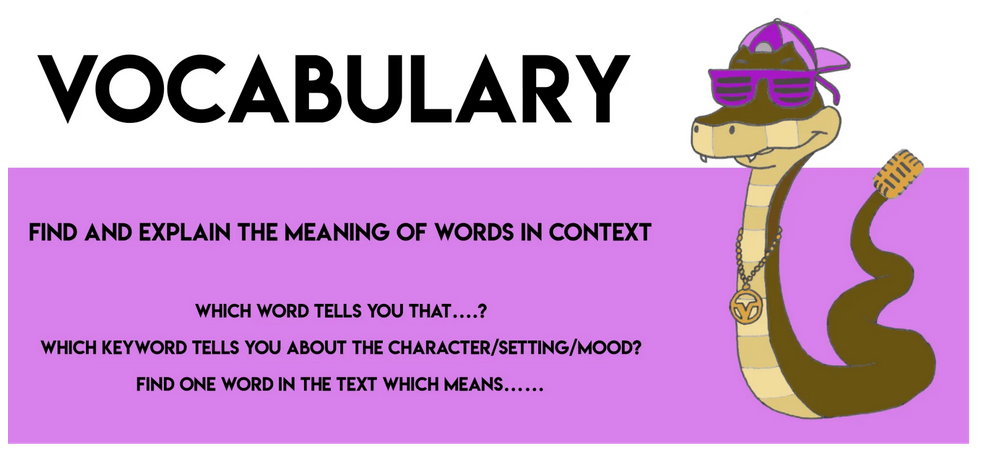
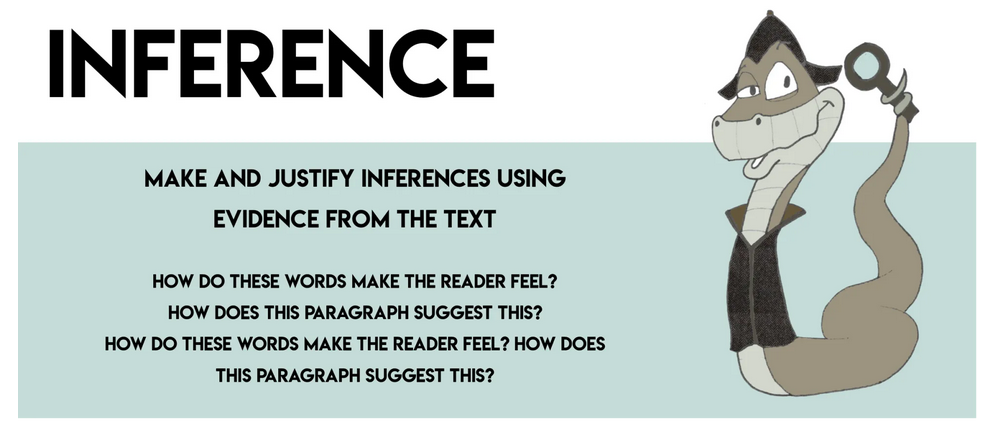
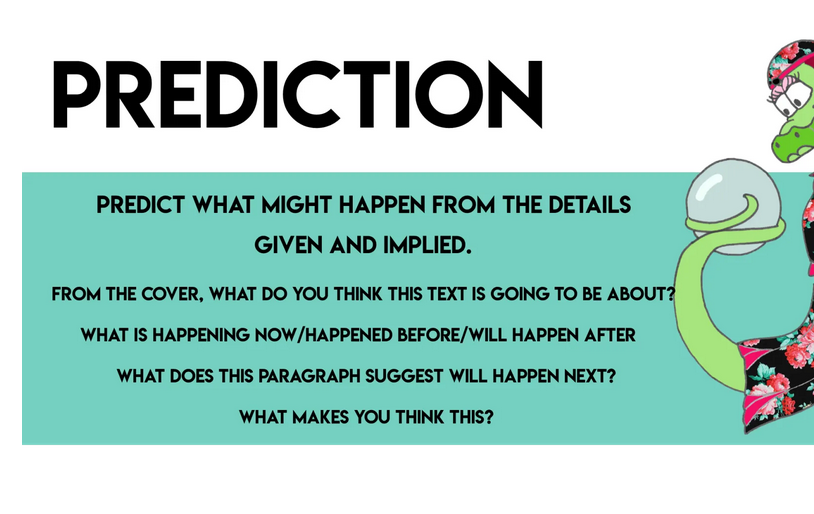
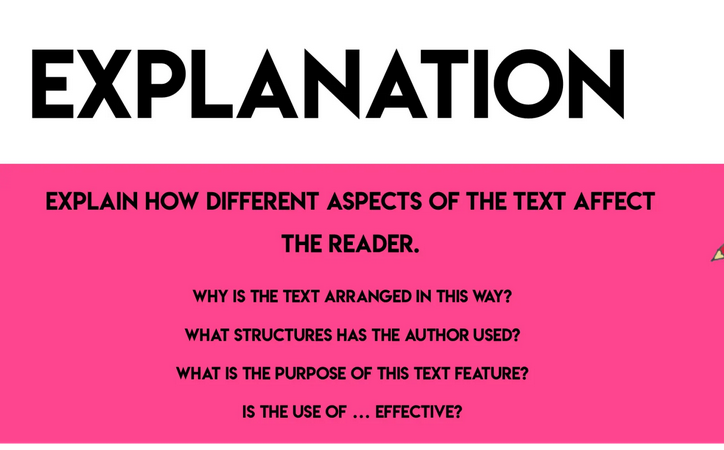
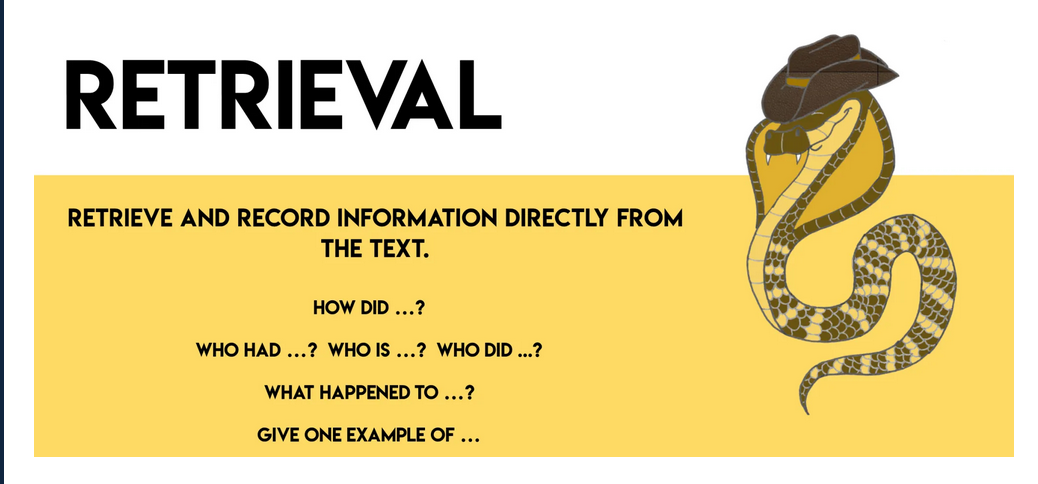
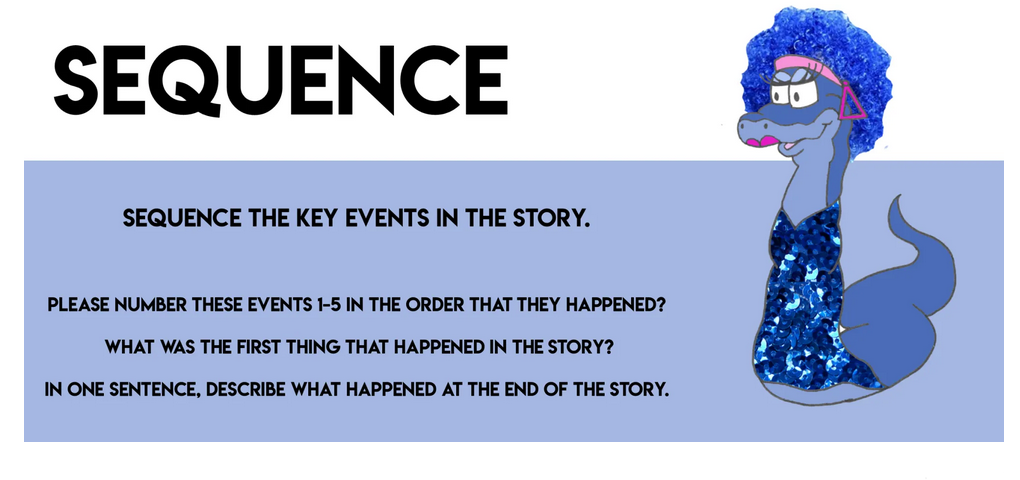
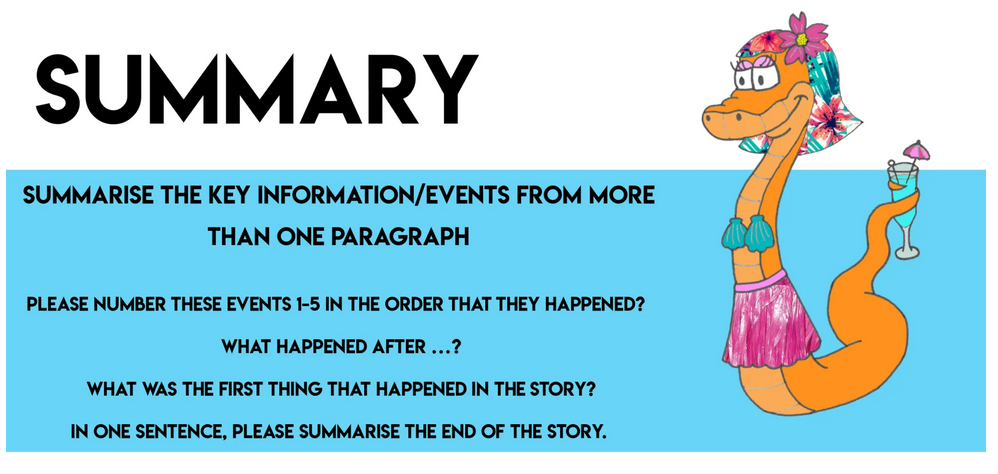
[/dropshadowbox]
[dropshadowbox align=”none” effect=”lifted-both” width=”auto” height=”” background_color=”#dbf6f4″ border_width=”10″ border_color=”#863878″ ]
Mathletics
A big well done to all the children completing their Mathletics. We are so proud. Please continue to complete your activities on Mathletics.
[/dropshadowbox]
[dropshadowbox align=”none” effect=”lifted-both” width=”auto” height=”” background_color=”#dbf6f4″ border_width=”10″ border_color=”#868878″ ]
Star of the week
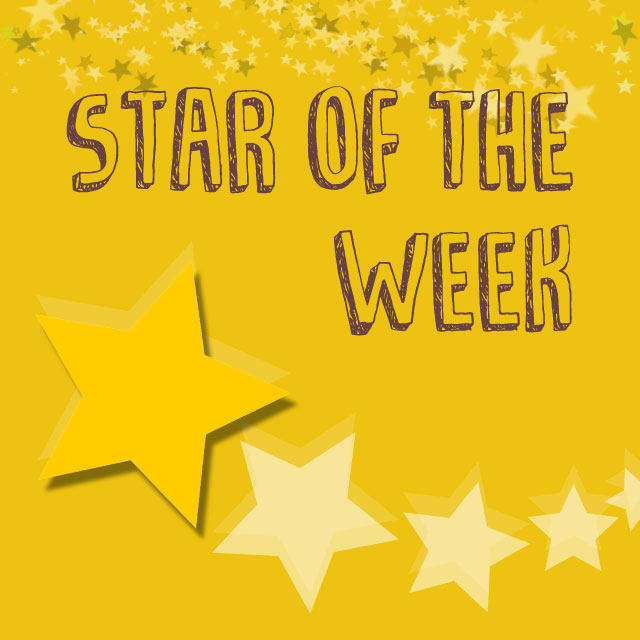
Hungerford
Umaria – for a great start to the new year.
Danielle – for being inqusitive during RE lessons.
Arbi – for staying focused during phonic lessons and completing work on time.
Tate – for sharing lots of information with his peers during class discussions in science and history lessons.
Leanne – for making excellent progress in maths.
Westminster
Izhaq – for trying his best with learning and beginning to focus during our learning sessions.
Ethan – for completing great division work in maths and staying focused.
Zhiyir – for making good progress in phonics and reading. Zhiyir is also a kind and considerate friend.
[/dropshadowbox]

